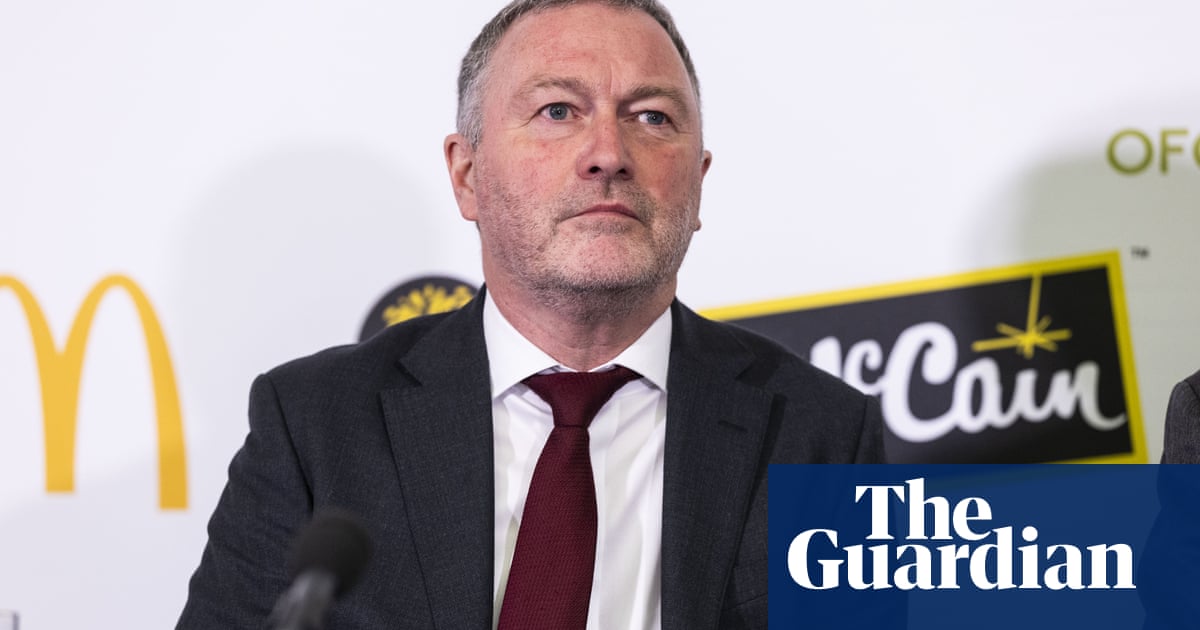Rachel Reeves’s first budget as chancellor included lots of measures that could affect your personal finances. Here we explain the main ones.
1. State pensions will go up by 4.1%
The chancellor confirmed that the triple lock on pensions will mean a 4.1% increase from April next year – increasing the full new state pension from £221.20 to £230.25 a week, or by £470.60 a year.
The standard minimum guarantee for single pensioners will go up from £218.15 a week in 2024-25 to £227.10. That means that those earning less than £11,809 a year will be eligible for pension credit. This is all the more important now universal winter fuel allowance has been scrapped and will only be paid to those on pension credit.
2. Fiscal drag will end on incomes, but not inheritances
Thresholds for income tax were frozen in April 2021, and the previous government said they would stay the same until April 2028. There had been speculation that the chancellor would extend that for two years, but she announced she had decided against it. From April 2028 the thresholds will rise in line with inflation.
Income tax thresholds will rise with inflation from April 2028. Photograph: georgeclerk/Getty Images/iStockphoto
Freezing tax thresholds leads to fiscal drag – if you get a pay rise, more of your extra earnings fall into the highest tax band that you pay than would happen if the thresholds had risen in line with inflation. You still have more money in your pocket, but not as much as you might have expected. Unfreezing the thresholds will mean you keep more of any rise.
The main inheritance tax threshold has been frozen at £325,000 since April 2009, although an additional residence nil rate band was added in 2017. Reeves announced she would continue a freeze on the thresholds from 2028 already announced by the previous government to 2030. Rising house prices mean more estates are likely to face IHT as a result of this, although just 6% paid it this year, so it will remain a minority concern.
3. Pensions will attract inheritance tax
Several types of asset are free from inheritance tax, meaning they can be left without the beneficiaries paying a penny. The chancellor closed some of the loopholes – typically only used by wealthy.
Currently you can leave your unspent pension fund to anyone without them paying IHT. From April 2027 this will change. You will still be able to leave the money to a spouse or civil partner without them paying the tax – there’s no limit on how much you can leave them – but if you leave it to someone else, they may need to pay. IHT is 40% on anything over the £325,000 threshold.
Agricultural land and business property can also currently be left without an IHT bill. That will start to change in April 2026, although there will be an allowance to pass on up to £1m worth of these assets tax-free.
4. Stamp duty on second homes will rise
People who want to buy a second home will be hit with additional stamp duty charges in a move the government claims will benefit first-time buyers.
From 31 October the higher rates for additional dwellings (HRAD) surcharge will go up from 3% to 5% – it is paid by anyone who already owns a home and is charged on top of the main stamp duty rate. On a property costing £300,000, it means an extra £6,000 in tax.
Buyers of second homes will be hit with extra stamp duty charges. Photograph: Andrew Matthews/PA
It could result in a reduction in demand from second-home buyers and investors – Reeves said that over five years it would result in another 130,000 property transactions for first-time buyers and people buying a primary home.
The tax charged on gains from shares has gone up, with immediate effect. For investors whose income is taxed at 40%, the capital gains tax (CGT) they may pay on shares has increased from 20% to 24%. For basic-rate (20%) taxpayers, the rate has gone up from 10% to 18%.
This brings it in line with the rate that would be charged on profits from an investment property.
However, you can still make a gain of £3,000 a year before paying the tax, and the Isa investment limit has been left at £20,000 a year until 2030, so many small investors will not pay CGT.
6. The minimum wage is rising
Low earners are set to get a pay rise in April as the “national minimum wage” is boosted by 6.7%. After the rise employers will need to pay workers aged 21 and over at least £12.21 an hour. This will move the minimum annual salary for working a 35-hour week from £20,820.80 to £22,222.20 – an increase of just over £1,400.
Workers aged 18 to 20 will see their wages go from £8.60 to £10 an hour, giving them an extra £2,500 if they work full-time. Apprentices and under-18s will get a £1.15 an hour increase, taking them to £7.55.
Employers will need to pay workers aged 21 and over at least £12.21 an hour after the minimum wage rise. Photograph: SolStock/Getty Images
The minimum hourly wage for an apprentice is also increased next year, with an 18-year-old apprentice in an industry like construction seeing their minimum hourly pay increase by 18.0%, a pay bump from £6.40 to £7.55 an hour.
These figures are all before tax, and the freezing of personal allowances means that workers will pay more income tax than if their those allowances had moved up in line with inflation. They will, however, still be better off as a result.
As well as take-home pay, the rise in the minimum wage also has an impact on pension contributions, as they are linked to earnings. The pensions firm Aegon says a worker earning £12.21 an hour who is auto-enrolled into a workplace pension will benefit from a total annual pension contribution of £1,278 a year, made up of their own and their employer’s pension contributions – £112 more than this year.
7. Tax on petrol won’t go up
In a surprise move, Reeves announced that the freeze on fuel duty would remain – had it not, she said the cost of petrol would have gone up by 7p a litre. For a Ford Focus with a 55-litre tank, that means the cost of filling up is £3.85 less than had the change been made.

.png) 2 months ago
19
2 months ago
19













































